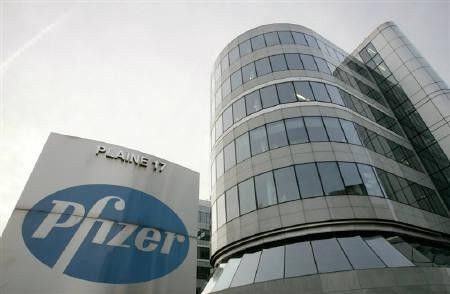Australians Have Better Chances of Surviving Cancer Than New Zealanders

A new report has revealed that people with cancer have more chances of surviving in Australia than in New Zealand. Poor access to treatment and late diagnosis are being blamed for New Zealand's increased number of cancer deaths.
The Cancer Standards Institute report that has been published in New Zealand Medical Journal showed the differences in cancer mortality rates of Australia and New Zealand. Gaps have been observed between the two countries with a notable increase in bowel cancer rates.
According to the cancer report, the mortality rate gap has worsened after Australia began having its full screening since 2008. The full cancer screening has not yet been fully implemented in New Zealand due to a lack of workforce.
New Zealand Health Minister Tony Ryall said there might be a "big difficulty" if the pilot in Waitemata was to be made available across the country.
Peter Dady from the Cancer Standards Institute said the country might have to wait at least six years. He said bowel cancer is common in New Zealand that it would be a "disgrace" if no action is taken to improve the outlook for Kiwis battling the disease.
In the study, the number of deaths in New Zealand was compared to ideal numbers if the country's cancer rates were the same as Australia's. Professor Mark Elwood, a cancer epidemiology expert from the University of Auckland, said New Zealand has an average number of 586 female deaths every year compared to Australia. For cancer in men, New Zealand has more 197 more deaths.
According to experts, bowel cancer has the highest cancer mortality for both men and women. Cancer rates in Kiwi women were found to be 3.3 per cent higher but 4.7 per cent lower for men, than in Australia.
Experts said bowel cancer symptoms include bleeding from the rectum, change in bowel movement after several weeks and persistent abdominal pain. People with bowel cancer may feel a lump or mass in the abdomen. Fatigue and weight loss may also be attributable to bowel cancer.




















